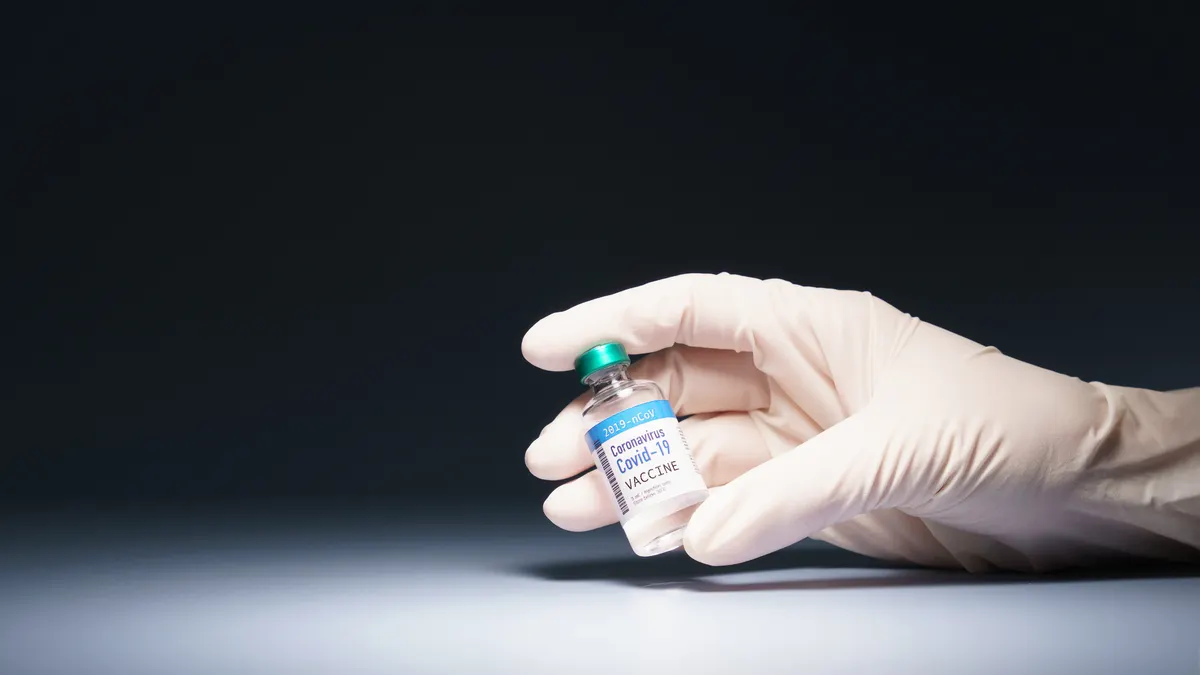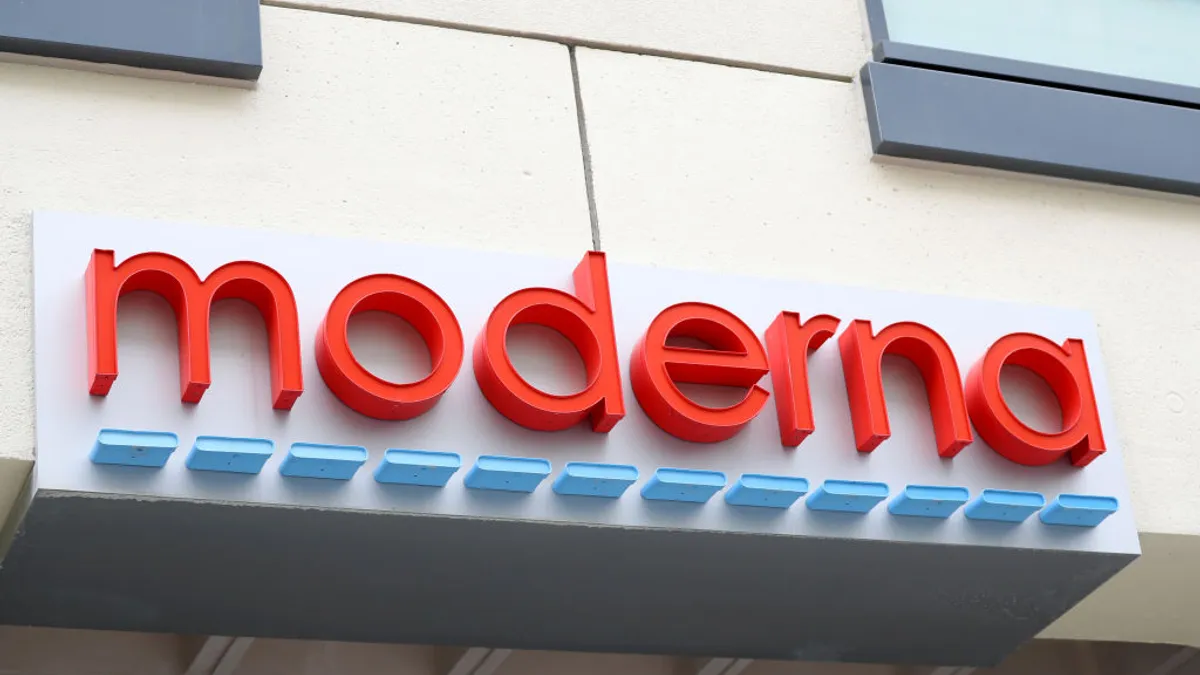As drugmakers rush to scrounge up new contenders in the highly lucrative weight loss market, many are looking beyond today’s GLP-1s to invest heavily in amylin analogs.
Amylin analogs are particularly appealing because they can trigger weight loss without the same degree of tolerability issues that come with widely used GLP-1s, according to ongoing trials. Several recent clinical studies also suggest that amylin-based medications may offer similar or superior weight loss benefits compared to GLP-1s particularly when combined with other therapies.
The field is growing quickly, with many large pharmaceutical companies now entering the fray.
AbbVie paid $350 million earlier this year to acquire the rights to Gubra's amylin analog GUBamy, which is currently in phase 1.
And fellow pharma giant Pfizer recently bested Novo Nordisk in a high-stakes bidding war with a $10 billion offer to acquire the clinical-stage Metsera and its next-generation obesity portfolio, including the ultra-long-acting amylin receptor agonist MET-233i.
All the while, AstraZeneca has been quietly developing its own long-acting amylin candidate, AZD6234, which is now in mid-stage development.
But other major players in the obesity space already have a sizable lead in amylin drug development. Here's a look at the three front-runners in the race.
Novo Nordisk's rising star
Drug: CagriSema
Why it matters: Novo Nordisk fell from its No. 1 perch in the obesity space this year at the hands of Eli Lilly and is aiming to reignite sales momentum in the market. The company currently leads the pack of amylin competitors with its long-acting analog cagrilintide, which is in phase 3 combined with Novo’s superstar GLP-1 semaglutide — together they form the drug CagriSema.
The once-weekly, injectable co-formulation fell short of the company's 25% weight loss promise in its first phase 3, disappointing investors.
Then it bounced back. In the 68-week Redefine 1 trial, participants lost an average of 20.4% of their body weight when taking CagriSema, compared to 14.9% with semaglutide and 11.5% with cagrilintide alone.
Notably, the trial participants who completed CagriSema's study with full adherence lost an average of 22.7% of their total weight, with 40.4% losing 25% or more.
Novo sees CagriSema as a potential successor to Wegovy for obesity and plans to file for regulatory approval in diabetes and weight management during the first quarter of 2026.
Novo, seeking to gain more ground in the market, also has plenty of other hopefuls in development, including therapies that target GLP-1 and amylin receptors in early-phase development.
Eli Lilly's selective approach
Drug: eloralintide
Why it matters: As part of a strategy to build on the success of its weight loss titan Zepbound, Eli Lilly has propelled eloralintide through the clinic. The drug candidate, a once-weekly selective amylin receptor agonist, recently completed a promising phase 2 trial.
Patients who received the highest dose of Lilly's investigational drug lost an average of 20.1% of their body weight after 48 weeks. Even the lowest dose led to trial participants losing more than 9% of their weight. Additionally, those who began with 6 mg and increased to 9 mg through a two-step escalation lost 19.9% of their weight at 48 weeks.
The encouraging clinical results advance Lilly's efforts to solidify its dominance in the booming weight loss space, with a phase 3 trial set to begin next month.
A phase 2 study is also underway to explore the effects of eloralintide alone and in combination with Lilly's long-acting GIP receptor agonist drug candidate, macupatide, in adults with type 2 diabetes who are overweight or obese. And to cover its bases, Lilly is also in a phase 1 trial for eloralintide as a standalone treatment and in combination with Lilly's tirzepatide.
Roche and Zealand Pharma's long-acting option
Drug: petrelintide
Why it matters: Roche made headlines earlier this year when it landed a $1.65 billion deal with Zealand Pharma to license its injectable, long-acting amylin analog petrelintide, signaling a huge bet on clinical potential. The deal secures shared development and commercialization rights to the experimental drug, giving Roche its first foothold in amylin analogs.
Despite being touted as an alternative to GLP-1 receptor agonists for weight management, petrelintide has only demonstrated 6% to7% weight loss in early-phase testing — far below the 15% to 20% commonly achieved with GLP-1ss.
It may still be possible that petrelintide could produce better results in mid-stage testing, but the company is also looking to combination therapy to hit key clinical endpoints and unlock the full potential.
The company is developing petrelintide as a standalone treatment and in combination with its own drugs, including the newly acquired Carmot-developed GLP-1/GIP dual agonist CT-388.
Petrelintide is currently in phase 2, with early results from the 42-week Zupreme-1 trial expected in the first half of 2026. Roche and Zealand also plan to launch a phase 3 monotherapy program for petrelintide next year.


















